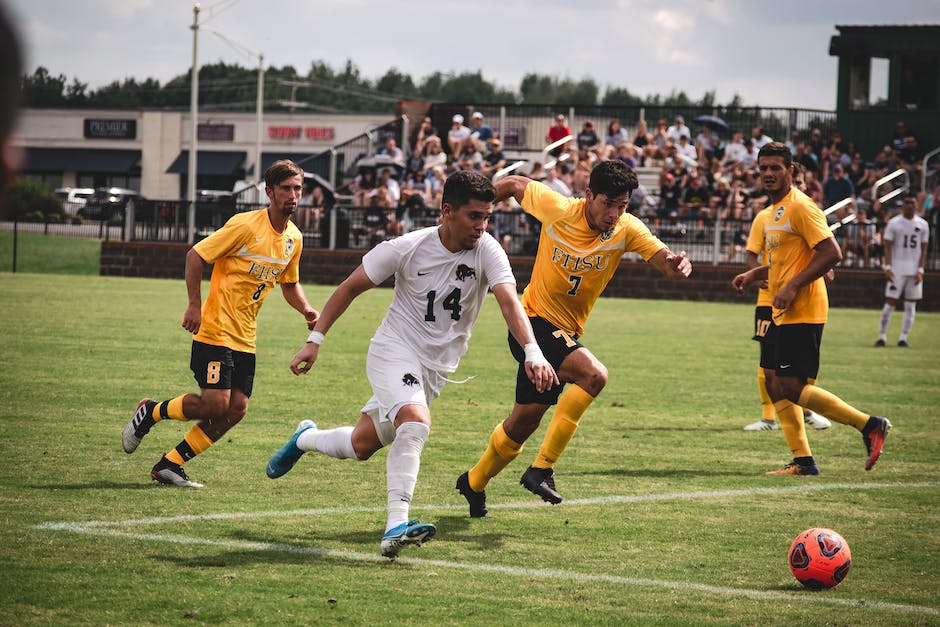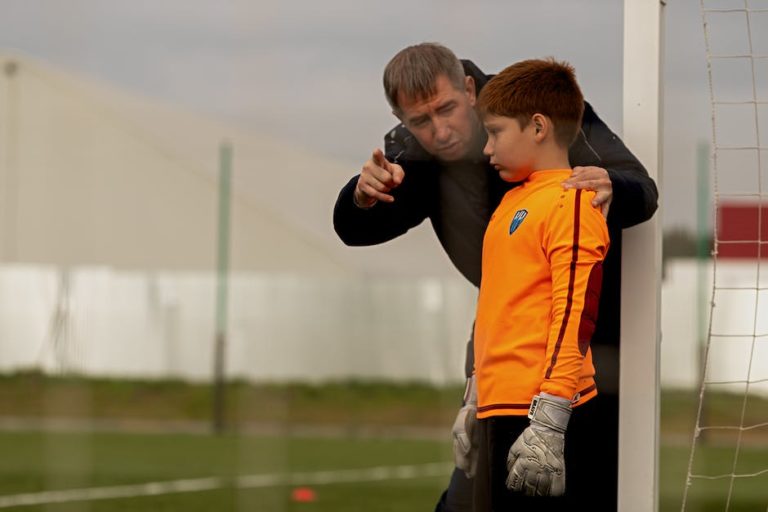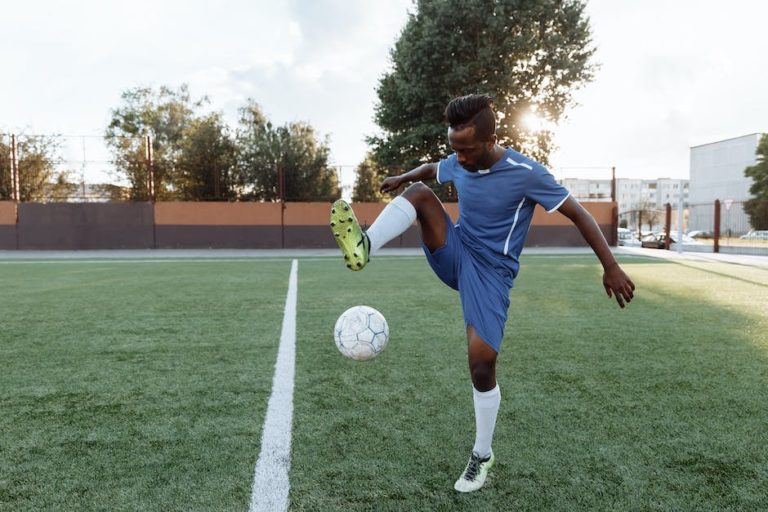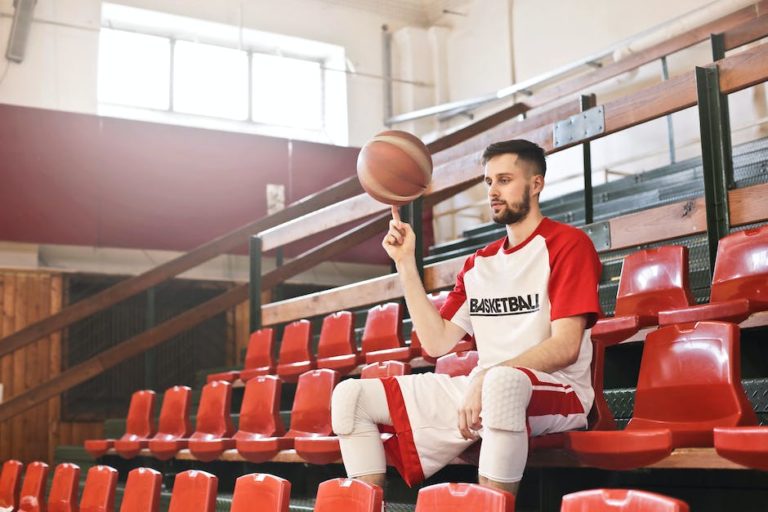How Long Does It Take To Lose Soccer Skills
Soccer skills are designed and practiced in a variety of ways. Some players prefer specific training methods while others do not feel that having special skills makes you more attractive to prospective partners or passers-by.
There are many ways to practice your soccer skills such as playing on the field, playing on the artificial turf, or even in the street. These types of sessions can last from one day to several days depending on what is needed.
On the street, there are times when you must be able to walk past someone without looking at them, which is a part of walking speed and speed improvement. On the sports field, you must be able to run and throw with some accuracy, so practicing those aspects is needed.
In this article, we will talk about how long it takes to lose soccer skills and whether or not having specific skills lost can harm your ability to get other things done.
Keep practicing to keep your soccer skills

While it is tempting to give up when you do not see results, you should still keep practicing your skills. It takes a long time to learn something new, so you will have some time to do this.
Playing soccer every day is important as it keeps your focus and practice habits in place. You will be more inclined to continue this if you can see the results of your practice sessions.
Practice makes perfect so do not worry about being too hard on yourself or being too rusty when starting out. Any skill can be learned at some point if you just keep trying!
Many players start playing less and stop because they are bored with the game. You should still be interested in how the game is supposed to be played and why we do things that way.
They may come back if you rest

If you have a soccer skill that you want to add to your game, but your current skills don’t seem to be working, it may be best to do some additional practice on your own.
Many players feel that practicing in the mirror or in simulated soccer situations is the best way to work on our skills. This is why many professional players are trained in sport psychology.
However, not every player is trained in this area and it may take some responsibility on your part to get help with. Many clubs have trained their players in this area, but they must be requested by the player.
The most important thing when getting help with soccer skill development is being honest with yourself. What attributes you think you have lost, and what attributes you think you need to increase.
Loss of muscle memory is common

There’s a chance that you and your soccer skills will never be the same after youwatch a fewreplay videos, but it doesn’t mean that you have toforgo losing muscle memory!
Many of the techniques shown in soccer replay videos are similar to techniques used in other sports. For example, many drills use a controlled jump as the primary action.
This makes sense, since jumps in sports are a common way to practice movement. You can also see how some moves are so instinctive in certain sports that trying to make them more complex is lost time.
It is possible to keep some of the more basic moves that players use in soccer, but more complicated moves can be added. This is true for both players and coaches alike.
Know when to take a break

If you feel your soccer skills are getting in the way of other areas of your life, it’s time to take a break. You can do this either by having a short break between sessions or by running a course of practice and training once per week.
Running a course of practice and training is also ideal if you have friends or relatives who you can invite to your sessions to make it a more complete experience.
Having some time to yourself is important to get back into shape, so don’t feel guilty about taking a well-deserved break. It’s also important to remember your skills are still improving so when you return they will be even more effective than before.
Take a break during practice

When you’re working hard to improve your soccer skills, it’s important to take a break. You need to let your mind and body heal from the effort you put into practice.
Don’t overwork yourself, but either stop or take a break during practice when you think you need a break.
You can also leave after class or class before if the school requires it. After all, this is a health issue- training your body for playing soccer. Your coach will probably ask you why you leave early if you have a lesson or two left. Say that there is too much competition in the class, and other students may need to learn how to play with their hands down so they can feel more comfortable on the ground.
Keeping up with practice sessions every day can lead to overtraining of the body and mind. Take care of yourself by leaving early when you are done with class, or by having class extensions if necessary.
Make a plan for practicing and playing

If you want to learn how to play soccer, you’ll need to make some changes to how you practice and how you play. There are some rules that do not change, so make sure you are aware of them.
You can now touch the ball at any time during a practice or play. This is great! You can also pass the ball while moving and while on top of the soccer player.
You can now run and slide on the soccer field instead of running only. This is even better! You can now transition from passing to running and sliding which is another skill goalkeepers need to have for a soccer game.
Practicing your passing or playing skills will take more time, so make sure you get it in! Also, make sure you are spending enough time on each skill so that you are developing it properly.
Know the symptoms of fatigue

You may think you are fine but you may feel tired after playing football, for example. You may also feel lightheaded or unsteady when you play.
Losing skills is similar to losing weight. It takes a while and a lot of effort, but it’s possible! You can do it faster if you make sure your diet is healthy and your exercise regimen is ongoing.
Sadly, soccer skills loss can be quick. Even the best players can lose skills quickly if they are not taking the time to practice or develop them.
That is why it is important to know the symptoms of fatigue so that you take time to stop and rest when you are overtired.
Get enough sleep
You need to get enough sleep to maintain your soccer skills. Your brain needs rest to work properly.
There are many ways to get enough sleep for your morning and night sleeps. Your brain needs time to rest after a long day. You can do this by getting up early and staying up late the night before, or you can do it both!
The more sleep you get the more soccer skills you will have. The more awake you are the less skill you have. The best way to achieve this is to stay in bed until at least noon the next day, then wake up and exercise!
One of the most important things you can do to have better skills in the morning is to eat something before going to bed.







